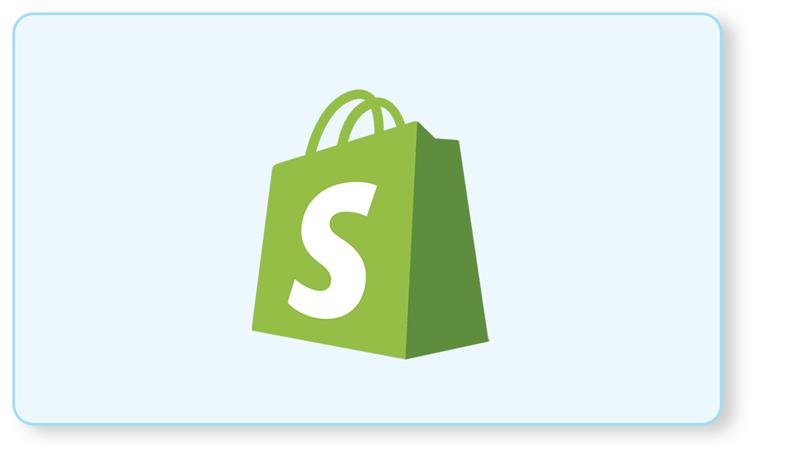Did you know that welcome emails can generate a whopping 320% more revenue than your run-of-the-mill advertising emails? That’s right – by simply collecting email addresses from your website visitors and loyal customers, you could be on your way to retaining your hard-earned traffic and raking in some serious cash.
The unfortunate reality of website traffic, even highly targeted traffic, is that most new visitors to your website will only return if you consistently offer something to entice them. If you own an e-commerce company and have yet to incorporate email marketing into your marketing strategies, you are most likely leaving money on the table.
From Clicks to Conversions: Why Email Campaigns Are a Must For eCommerce Success
Picture this: you’ve put those long hours of permutations and combinations to drive traffic on your e-commerce website. You have optimized your product descriptions, crafted SEO-optimized catchy headlines, and spruced up your homepage. But what’s the point if your analytics consistently display a hike in the churned users ratio?
That’s where email marketing comes in handy. Building an email list and running creative campaigns can keep your customers engaged and encourage repeat purchases. And the best part? An average email marketing plan generates $42 in revenue for every dollar invested. This shocking figure is sufficient to convince even the most dubious e-commerce businesses to embrace email marketing.
Inbox Domination: Strategies for Effective Email Marketing That Gets Results
Email marketing remains one of the most crucial elements of the entire marketing strategy in this digital age. Several new-age e-commerce businesses are leveraging email campaigns as part of their marketing plan to reach out to their customers and drive sales. With the right strategies, they create engaging email campaigns to increase customer engagement and generate revenue.
Let’s explore some effective strategies for email marketing that e-commerce businesses can use to drive their sales.
Segmenting Email List
Segmenting email lists is one of the most vital strategies for effective email marketing. By segmenting your email list, you can send targeted messages to specific groups of customers. For example, you might segment your list based on past purchase history, geographic location, or browsing behavior. This allows you to create more personalized and relevant messages more likely to resonate with your customers.
Using Attention-grabbing Subject Lines
A great subject line should be short, specific, and enticing. It should pique your customers’ interest and make them want to open your email. Use humor, ask a question, or create a sense of urgency in your subject line. Experiment with different subject lines to see what works best for your audience.
Optimizing Email Content
The content of your email is just as important as the subject line. It should be engaging, informative, and visually appealing. Your email content should include a clear call to action that tells your customers what you want them to do. You might also include a discount or special offer to encourage them to purchase.
Testing and Refining Email Campaigns
It would be best if you constantly monitored your email campaigns’ performance and made adjustments as needed. Test different subject lines, content, and calls to action to see what works best for your audience. Use metrics such as open rates, click-through rates, and conversion rates to track your progress and make informed decisions about your email marketing strategy.
Making Your Emails Mobile-friendly
Your email content should be optimized for mobile devices, with clear and easy-to-read text and images that are scaled appropriately. Consider using a responsive email design that adapts to the device’s screen size.
Automating Your Email Campaigns
Automation is another critical strategy for effective email marketing. By automating your email campaigns, you can save time and resources while delivering personalized and relevant messages to your customers. For example, you might set up an automated welcome email series for new subscribers or an abandoned cart email for customers who have left items in their cart without completing a purchase.
Providing Valuable Content
It’s important to provide valuable content in your email campaigns. Your customers are more likely to engage with your emails if they feel they receive value from them. You might provide educational content, industry news, or exclusive offers not available elsewhere. Be sure to provide content relevant to your audience and aligned with your brand.
E-commerce companies are sitting on a goldmine of opportunity regarding email marketing. With the right approach, you can attract new customers, retain existing ones, and boost your revenue. And the good news is that there are plenty of email marketing services out there that can make the whole process a breeze.
So, what are you waiting for? Start harnessing the power of email marketing to take your e-commerce business to the next level!





